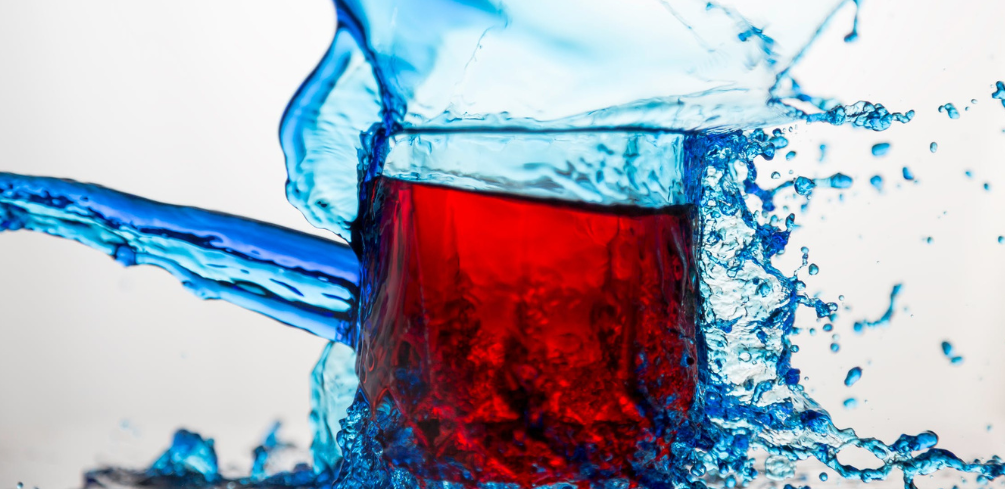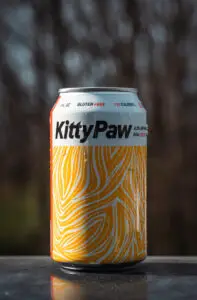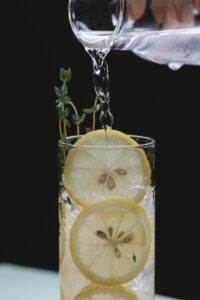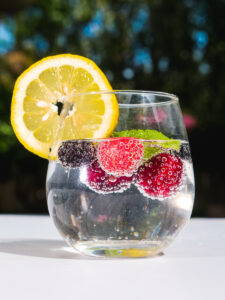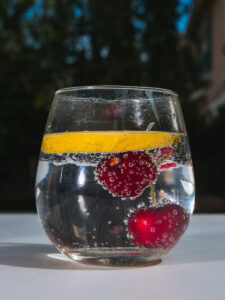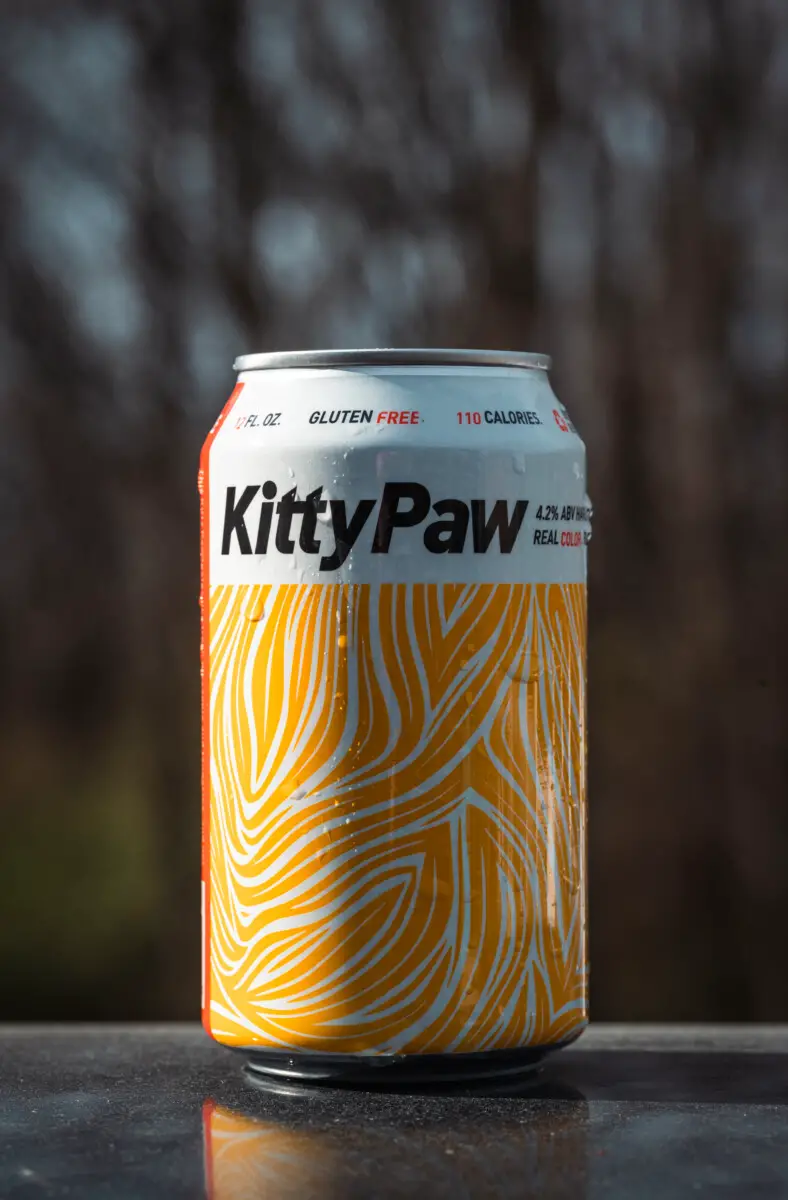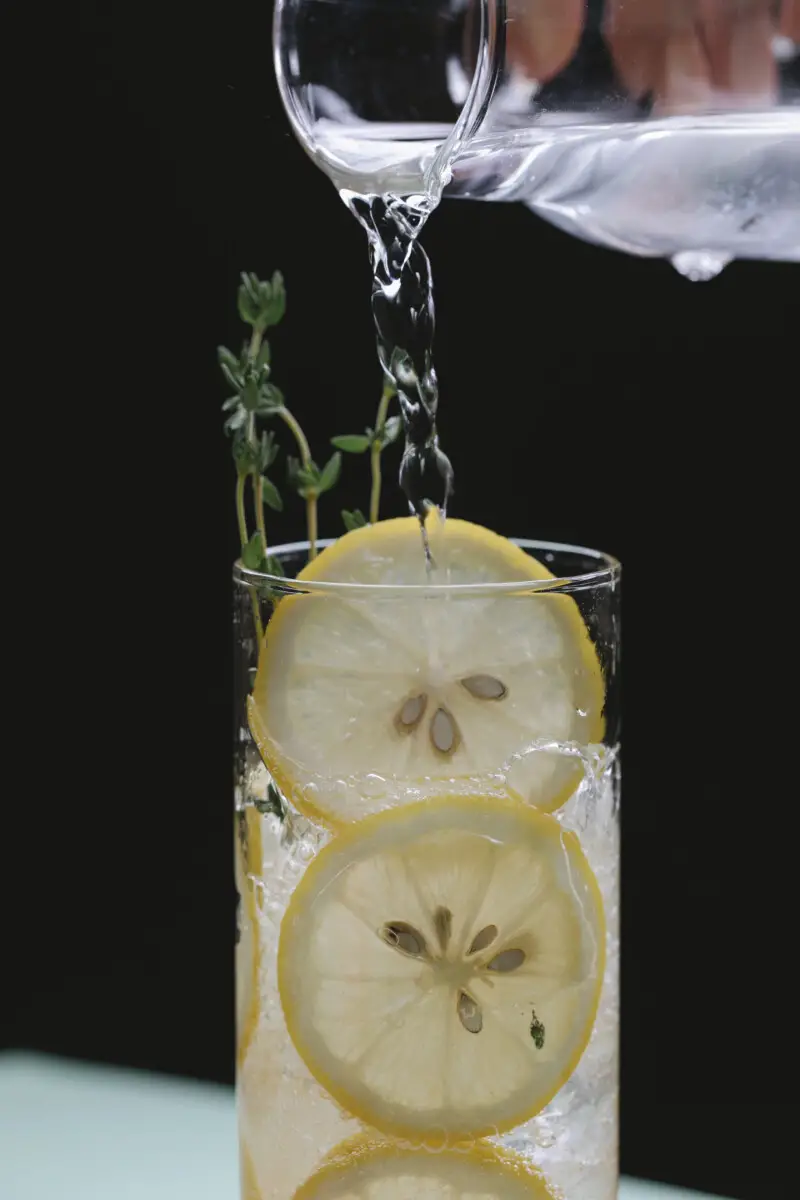Amazon Affiliate Disclaimer
As an affiliate, we earn from qualifying purchases. We get commissions for purchases made through links in this post.
Beverages, such as soda and sparkling water, are comparable to one another in that they are both formed through the process of carbonation. However, a more in-depth examination of both soda water and sparkling water reveals that they are slightly distinct from one another for a variety of reasons.
Differences become more apparent when they are both analyzed in terms of where they come from and how they are processed.
In this article, we will compare and contrast soda water with sparkling water and talk about the key differences between the two.
Attributes Typical of Soda Water
Carbonated water is also known as “soda water,” but there are many other names. If you order “soda water,” your server may bring you club soda or seltzer water, depending on their understanding of soda water. Soda water can be used as a substitute for seltzer or club soda in recipes and mixed drinks.
Its primary characteristic is that you can make it from any type of tap water. Water that has been purified and piped in is suitable for use and open water sources such as wells and boreholes provide the plain water used to make soda water.
Another essential feature of soda water is it is industrially processed. Like any other item created for commercial sale, it results from human ingenuity and effort. Since the production of soda water doesn’t call for any special machinery, Anyone can do it at home.
All that is needed is some kind of system to let carbon dioxide diffuse through it and turn it into carbonic acid.
Soda water is also notable because it contains many different flavors and colors. Dissolved solids such as salt, bicarbonate, citrate, phosphate, and various other salts impart multiple flavors. For added effect, carbon dioxide is added through pressure.
Soda water’s flavor varies based on the ingredients added to the plain water used to make it. Sometimes the artificial carbonation in soda water can make it taste bland, bitter, or slightly salty. Sometimes, the natural flavor of soda water may not be optimal for thirst quenching. Soda water, which has a neutral flavor independent of the ingredients used in its production, is an excellent choice for diluting alcoholic beverages or other juices. As an alternative to watering down liquor, it also has other applications. With the addition of fruit juice, ice, and soda water, you have a refreshing soft drink.
Characteristics of Sparkling Water
Sparkling water is water that naturally or artificially contains dissolved carbon dioxide gas. The carbon dioxide gas can either be injected artificially under pressure or it can occur naturally as a result of geological processes.
Sparkling mineral water, as we can see, is naturally processed and contains various minerals. Its flavor is neutral by nature, and it is less harsh than carbonated drinks. Because of its inherent high quality, users can enjoy sparkling mineral water independently without additional flavorings. Sparkling water’s natural minerals can overpower the flavor of cocktails, so it’s best to avoid diluting them with it.
Sometimes the natural minerals found in mineral water can detract from the taste of cocktails when used as a diluent. Natural sparkling mineral water is bottled at the original location; hence it is rare and expensive to find. Since it is in its purest form, it’s assumed to be more beneficial to the general user’s health.
If you’re looking for the best and love the way natural water tastes, look no further. You can serve it on its own in place of a traditional beverage because its freshness is on par with other soft drinks. Sparkling mineral water doesn’t need any improvement; it’s perfect.
4 Types of Carbonated Water
Numerous varieties of carbonated, bubbly water are available. Many people enjoy drinking carbonated water, and some of the most common types are:
- Club soda – is carbonated water with various minerals but no additional flavors. These minerals enrich the water’s taste and make it slightly saltier than regular water or seltzer. Many cocktails rely on club soda as a main component.
- Tonic water – is another popular beverage served in bars. It is carbonated like other sparkling waters but has quinine additives and a sweetener, typically high fructose corn syrup. Due to its unique flavor, tonic water is not as versatile a mixer as club soda or maybe even seltzer when it comes to liquor. Many cocktails use tonic water, but gin and tonic are presumably the most well-known.
- Seltzer – also known as sparkling water, is just regular water pressurized with carbon dioxide gas. Manufacturers add artificial and natural flavors to the bland taste of plain carbonated water, such as lemon and grapefruit.
- Mineral water – also known as spring water, is water that naturally contains trace amounts of minerals like sodium, zinc, magnesium, and calcium. Bottled mineral water comes directly from the well. You can add artificial mineral watering salts to distilled water or allow it to be aerated with carbon dioxide.
Have you read the article about the difference between seltzer and sparkling water? No? Read it here!
An Overview of the Key Distinctions Between Soda Water and Sparkling Water
Numerous qualities set sparkling water apart from soda water. Aside from the fact that they are both carbonated varieties of water, the following characteristics set them apart:
Source
Mineral water, particularly sparkling mineral water, is sourced from the earth. The source is usually a naturally occurring spring and water of this quality typically comes up spontaneously from a specific type of aquifer rock.
On the other hand, manufacturers can use any kind of regular water to make soda water. That includes water from a borehole, water treatment facilities, and water delivered through the public water system.
Price
Because of its one-of-a-kind flavor and composition, sparkling mineral water is more expensive than soda water. While both are carbonated, the ingredients give them very different tastes. As opposed to soda water, sparkling mineral water is bottled and sold straight from the source without altering its original condition.
Processing
Natural processes produce the fizz in mineral water. Creating it involves no human intervention whatsoever.
On the other hand, soda water is a product of manufacturing.
Components
To be true to its name, sparkling water must contain essential minerals such as calcium, potassium, and magnesium in the ground.
Soda water is created by adding carbon dioxide gas under pressure to plain water. The ingredients that make soda water include
- sodium citrate.
- sodium bicarbonate.
- regular salt.
- potassium bicarbonate.
- disodium phosphate.
Taste and use
In terms of flavor, sparkling mineral water is the best option for those seeking variety. Pure and unprocessed, users can consume it without any preparation. You can perform some carbonation to enhance the flavor if necessary.
Soda water can have a salty taste, depending on the brand. The processing steps involving adding artificial ingredients are primarily to blame for this. Since soda water has a neutral flavor, it is used to dilute both cocktails and spirits without altering the overall experience.
Interested in a TOP-NOTCH sparkling water making machine? Check out this site.
Final Thoughts
Despite popular belief, the US Food and Drug Administration treats soft drinks like soda water, club soda, and seltzer the same way it treats bottled water. While there may be less clarity regarding the distinctions between soda water and sparkling water, the industry appears to draw clear lines between the two. We have covered the most notable differences between the two carbonated drinks.
Related Topics:
What Is Sparkling Water And What Does it Do?
What Does Sparkling Water Taste Like?
Can You Drink Sparkling Water with Invisalign?
Read also:
- Embracing the Essence: Discovering Natural Mineral Water Sources

- Nourishing the Soul: Mineral Water for Enhanced Digestive Wellness

- Sparkling Mineral Water: Effervescence for the Soul
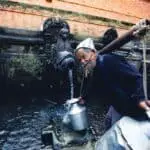
- Revitalize Your Day: 7 Tips for a Refreshing Hydration Experience with Mineral Water

- Mineral Water Benefits: Exploring the Health Benefits of Drinking Mineral Water

- How to Choose the Healthy Drinks with Mineral Water: Refreshing and Nourishing Options

Please be careful and use at your own risk
None of the authors, contributors, administrators, or anyone else connected with Water Exotic, in any way whatsoever, can be responsible for your use of the information contained in or linked from these web pages.

